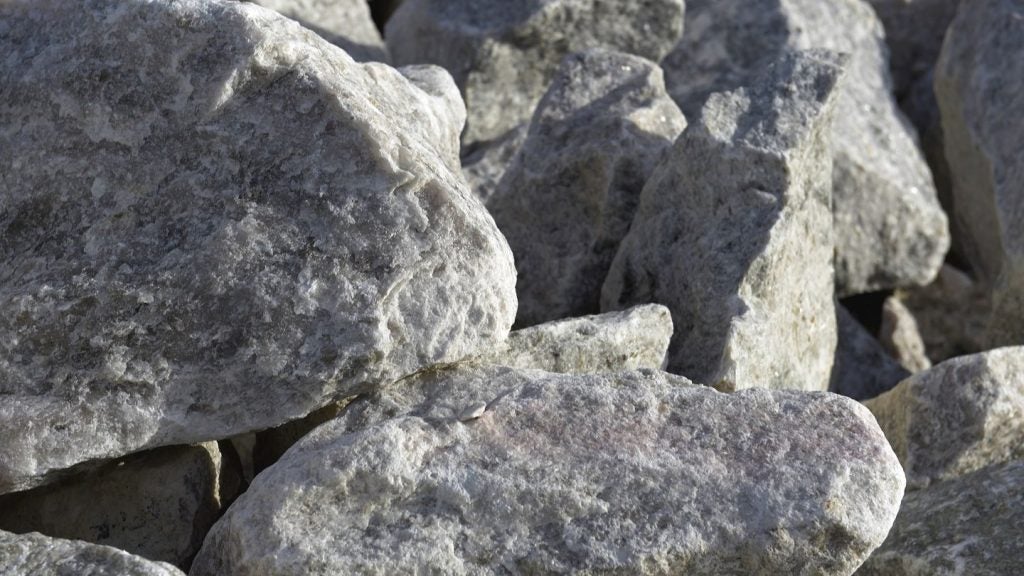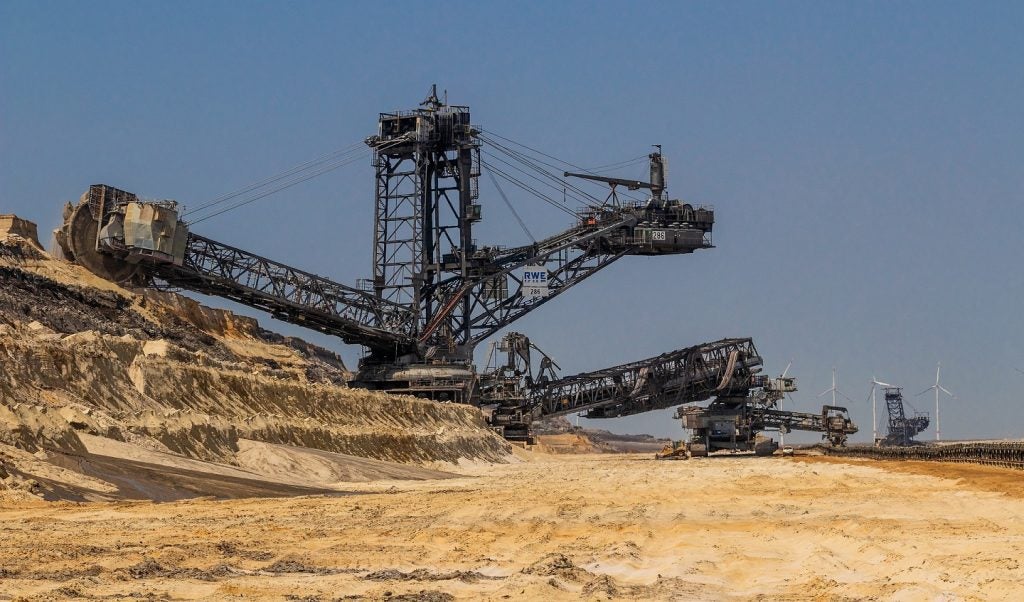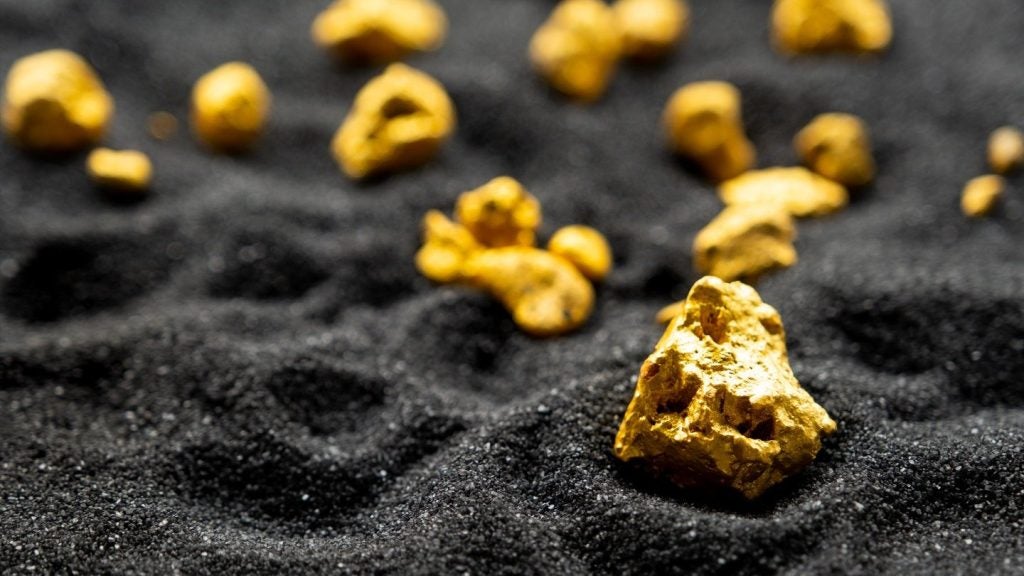The Group of Seven (G7) countries are expected to ban imports of Russian diamonds in order to restrict Russia’s ability to finance its invasion of Ukraine.
The G7, made up of Canada, France, Germany, Italy, Japan, the UK and the US, is due to announce the import ban in the next few weeks, an unnamed Belgian official told Reuters. If implemented, the ban will come into effect on 1 January 2024.
The proposed ban could have a huge impact on the diamond market. Russia is the world’s largest producer of rough diamonds, and G7 countries currently account for 70% of the consumer market for diamonds. Under the ban, the G7 would no longer allow imports of Russian diamonds, a potentially massive blow for Vladimir Putin’s ability to finance the war in Ukraine.
The US has already applied sanctions to one Russian diamond miner, state-owned company Alrosa. Alrosa is the world’s largest diamond mining company and is responsible for 90% of Russia’s diamond mining capacity. The US has imposed sanctions on Alrosa since April 2022, but the proposed actions by the G7 take the threat of sanctions one step further.
Global diamond major De Beers has indicated that the diamond industry will support the measures as long as they are correctly implemented. The company said, "The question is how we can do this collectively and effectively so that all parts of the industry – large and small – are represented."
However, there are some concerns about how the move could impact diamond cutters and polishers in India and Africa. Diamond analyst Paul Ziminsky said: “Industry representatives have been quite actively included in this discussion and thus the government officials are being cognisant of and trying to limit the negative impact this will have on centres that are neutral to the issue like India and Africa.”
The current suggestion among G7 countries is to have rigorous traceability certificates, allowing cut and polished diamonds to be traced back to their country of origin.
Another Belgian official, who also did not want to be named, claimed that: "The Indian polishers can polish whatever they want but (Russian gems) need to be segregated... At the point when the polished diamond is offered for export, the reference will be made to the original rough, again using a combination of physical inspection and traceability data.” African diamond producers would be exempt from providing a G7 certificate as long as they can prove the local provenance of the stone.
The ban would also likely extend to all EU member states, as the EU is a "non-enumerated member" of the G7. This could have a major impact on Antwerp, Belgium, the world’s largest diamond trading hub. According to data from Eurostat, the EU imported €1.4bn ($1.5bn) of Russian diamonds last year, as the bloc has not yet implemented any ban or sanctions on Russian diamonds.











